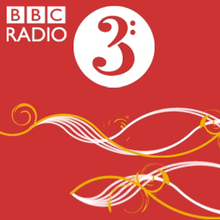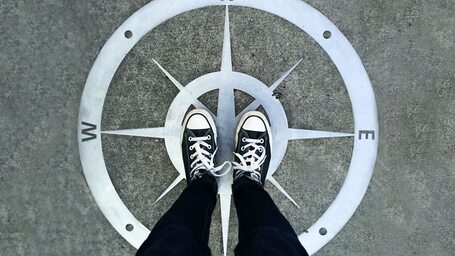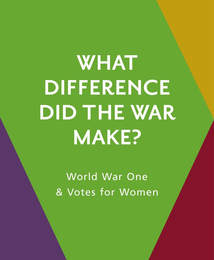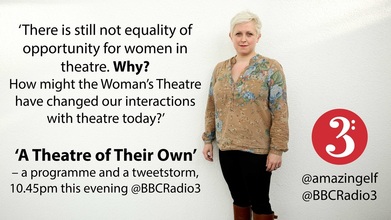|
Part of the joy of research is finding surprises in archives, newspapers, autobiographies and ephemera.
Often these stories don't fit the narrative of whatever writing task is at hand at that moment and so get forgotten, but since 2017 I've been thrilled to give many of them a wider audience on BBC Radio 3's Time Traveller series - broadcast every morning just after 10am as part of the live Essential Classics programme on Radio 3 and then subsequently collated into themes for the Time Traveller podcast. Through this series I've been able to tell over twenty stories from the past about magic, art, sport, theatre, music, dance, and of course the suffrage campaign.
0 Comments
It's been a couple of months now since my job at Parliament finished - and I've been meaning to write about some of the creative outputs of my time as part of the Vote 100 team. I was part of an AHRC funded project called 'What Difference Did the War Make? World War One and Votes for Women' run by the University of Lincoln and UK Parliament Vote 100 alongside the University of Plymouth. The project outputs included three panel events in Lincoln, Plymouth and London discussing not only the project topic but the work and legacy of past and present female Members of Parliament, alongside workshops for young people, and an exhibition in Parliament and online. You can see that exhibition here: www.parliament.uk
I'm not going to talk about those outputs in this blog post though. Instead this is a brief introduction to some of the other outputs involving project research that happened over the course of my year there - outputs I'm really excited about and that reached out to different audiences in different spaces. There's music, games, theatre, and sweets! This is the transcript of my talk for BBC Radio 3's Free Thinking Festival, recorded on the 2nd November 2014 at the Sage, Gateshead. It was broadcast on 24th November 2014. The broadcast version was cut, so the transcript below is the" full piece. You can hear the broadcast version by clicking on the picture above - or clicking here I was just casually reading through Votes for Women from 23rd January 1914 when this leapt out at me and made me giggle:
|
NaomiThoughts, reflections, bits of research Archives
April 2023
Categories
All
|




 RSS Feed
RSS Feed